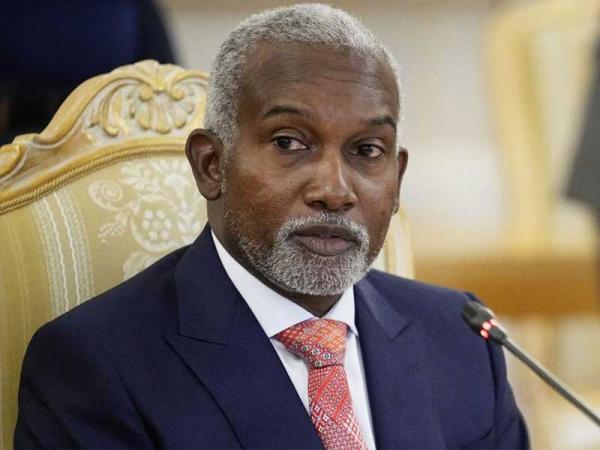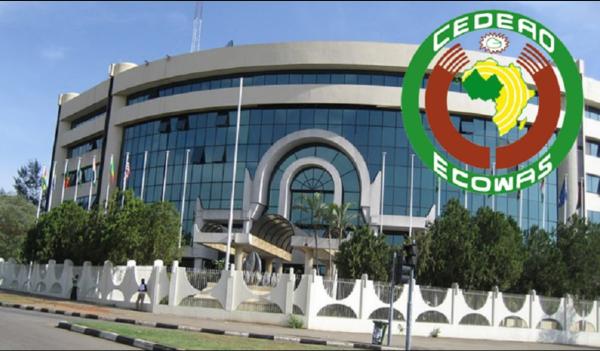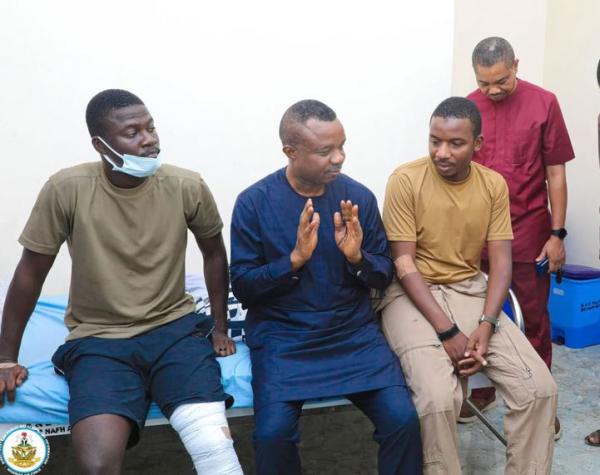
Some 100,000 Syrian Kurds have crossed the border into Turkey over the past few days, fleeing an advance by the group labelling itself the Islamic State (IS) who seized dozens of villages near a strategic border town, the UN said Monday.
The Turkish government "confirmed the figure" of 100,000, said Melissa Fleming, the spokeswoman for the UN refugee agency, the UNHCR.
Syrian Kurds were leaving the area around Ain al-Arab, or Kobane, as the town is known in Kurdish, which is under attack by IS forces.
Until now, Kobane, the third biggest Kurdish population centre in Syria, had been relatively safe and had taken in 200,000 people displaced from elsewhere in Syria.
Since Tuesday night, jihadist fighters have been advancing toward the town, hoping to seize it to secure their control over a large swath of Syria's border with Turkey. The group has moved quickly, seizing at least 60 villages around the town.
The Syrian Observatory for Human Rights, a UK-based monitoring group, said 18 Islamist fighters were killed in clashes overnight.
On Saturday, the Observatory said 300 Kurdish fighters had entered Syria from Turkey to reinforce the Syrian Kurdish People's Protection Units (YPG) that are fighting the militants.
"The IS (Islamic State group) came to our village and threatened everyone. They bombed our village and destroyed all the houses. They beheaded those who chose to stay," said Mohammed Isa, 43, who left his hometown with his family of seven.
Turkish forces cut the barbed wire along the frontier to make it easier for people to enter while soldiers and aid workers handed out food and water to the refugees.
Calls for international intervention
The Islamist group's advances have prompted calls from Syria's opposition and Kurdish officials for international intervention, with one leader warning of "ethnic cleansing".
The United States has organised a coalition of countries to tackle the jihadists who have declared an Islamic "caliphate" in parts of Syria and Iraq, carrying out abuses in the territories they have seized that include beheadings and crucifixions.
US President Barack Obama plans to make his case against the militants at the UN General Assembly next week in a bid for more international support.
The opposition Syrian National Coalition urged international air strikes to "stop mass atrocities" if the Islamists advance into Ain al-Arab.
"Air strikes are needed to help opposition forces protect vulnerable civilians," said the coalition's US representative, Najib Ghadbian.
And Salih Muslim Mohamed, a leader of the Democratic Union Party (PYD), urged the United States and Europe to help the town of Ain al-Arab or Kobane avoid the fate of the Iraqi town of Sinjar, which has been emptied of its Yazidi minority residents in the wake of the Islamic State group's onslaught.
"Kobane is facing the most barbaric attack in its history," he warned.
"If you want to avoid an ethnic cleansing even more barbaric than that in Sinjar, you must support Kobane because the next few hours will be decisive," he added in a statement late on Friday.
The Observatory reported on Saturday that Islamic State militants had executed at least 11 Kurds, and that the fate of some 800 residents who fled their villages remained "unknown".
PKK calls for Kurdish fighters to cross into Syria
On Monday, Turkey's PKK Kurdish rebel group called on fellow Kurds to cross into Syria and combat IS forces besieging Kobane, the pro-Kurdish agency Firat reported.
The rebel group in Turkey called for "mobilisation," saying, "the day of glory and honour has arrived."
"We call on our entire people, as well as our friends, to step up the resistance," the PKK statement said.
Meanwhile, a PKK leader, Dursun Kalkan, appealed for "all Kurds to unite their forces," according to the Firat agency. He accused the Turkish government of "collaboration" with the Islamic State radicals.
Ankara has been criticised for indirectly encouraging the formation of Islamic State through its support of Islamist elements within the Syrian rebellion against President Bashar al-Assad, criticism that Ankara has rejected.
FRANCE 24 with AFP






















